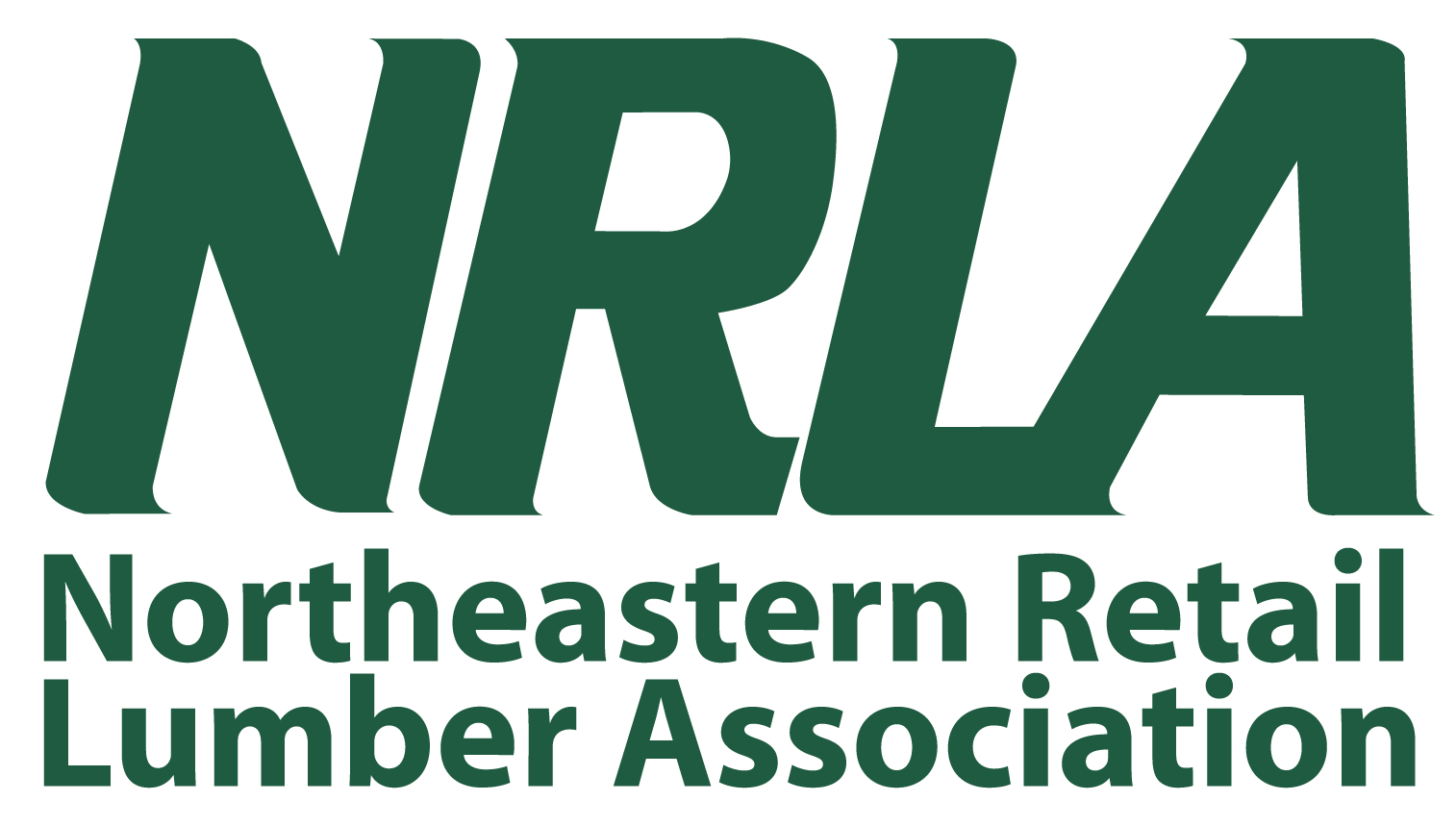In 2021, during the First Regular Session of the 130th Legislature, Representative Rachel Talbot Ross (D-Portland) sponsored LD 607, An Act To Restore Overtime Protections for Maine Workers.
As originally drafted, the bill would have annually raised the minimum salary that an employee who works in an executive, administrative, or professional capacity must earn in order to be exempt from the laws governing the minimum wage and overtime pay to $55,224 beginning in 2024.
The Labor and Housing Committee had a work session on LD 607 on January 19, 2022. At this work session, the committee voted along party lines to support an amendment that would have significantly increased the salary threshold.
Under current law, the overtime payment threshold is 3,000 times the minimum wage. Maine’s minimum wage is currently $12.75 so the threshold is $38,250. The proposal would have increased the threshold to 3,500 times the minimum wage in 2023, 4,000 times the minimum wage in 2024, and 4,500 times the minimum wage in 2025. Maine’s minimum wage is annually indexed but, assuming that it stayed at $12.75, the threshold in 2023 would be $44,625, in 2024 would be $51,000, and in 2025 would be $57,375.
However, during a March 2nd work session, the Labor and Housing Committee reconsidered its previous vote. Representative Talbot Ross, the bill’s sponsor, offered an amendment that completely transformed the bill. The amendment directs the Maine Department of Labor (DOL) to conduct a comprehensive educational campaign focused to ensure that Maine’s regulated community fully understands the laws regarding payment of overtime to Maine workers.
The amendment specifically calls for the Maine DOL to:
• Provide targeted training to employers on the requirements of Maine’s statutes regarding overtime, including a review of Maine’s minimum wage, the determination of its salary threshold, and the three-pronged duties test to determine whether an employee is exempt from the overtime provisions of the law;
• Create and distribute to employers compliance toolkits covering the requirements of Maine’s statutes regarding overtime;
• Offer employers the opportunity to review, with bureau staff, the employers’ classification of employees regarding eligibility for or exemption from overtime pay;
• Launch a social media campaign focusing on overtime requirements and connecting employers and workers with resources to determine the pertinent salary threshold and whether an employee is eligible for or exempt from overtime provisions;
• Finally, submit an annual report describing the department’s educational campaign, including data on complaints, violations, and enforcement, to the legislative committee having jurisdiction over labor matters.
This was a significant victory for the business community which formed a large and effective coalition, including the RLDAM, to oppose the original intent of the bill and its sponsor. The new amendment gained the unanimous support of the committee. Once reported out, it will go to the House and Senate for further action.


